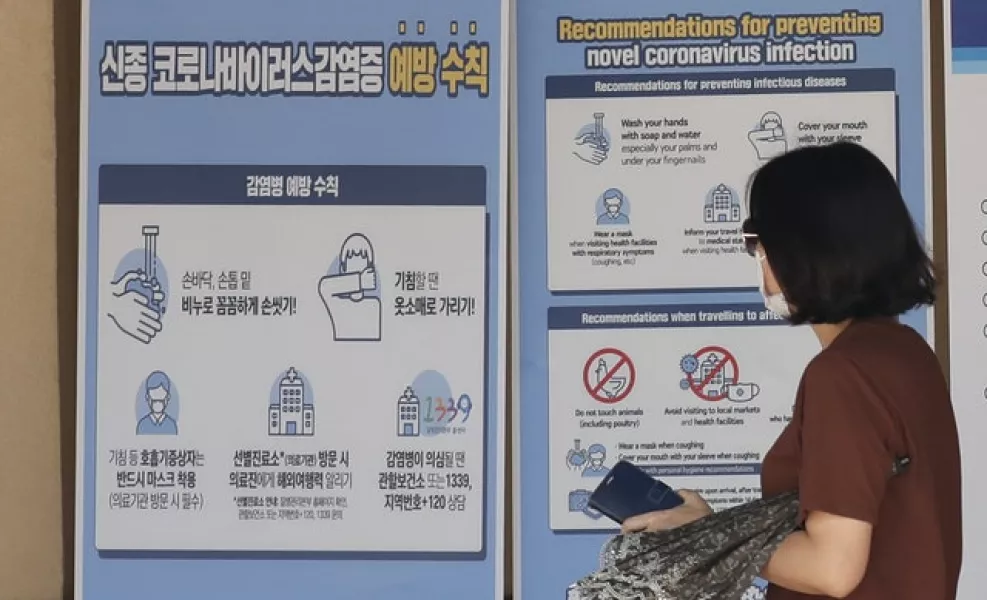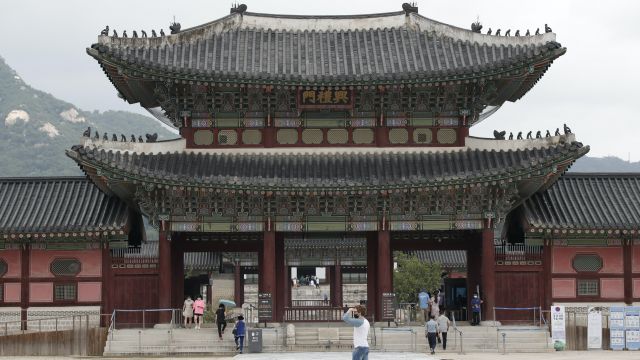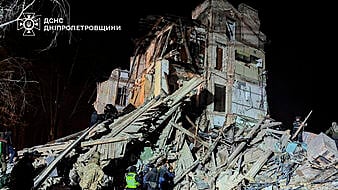The figures released by the Korea Centres for Disease Control and Prevention on Sunday brought the national caseload to 15,318, including 305 deaths.
The number of new cases is the highest since 367 on March 8, when the country was concentrating public health tools and personnel nationwide to bring an outbreak in the less populated southern region under control.

The KCDC said 253 of the new cases came from the Seoul metropolitan area, home to 26 million people, where health authorities have been struggling to stem transmissions linked to churches, nursing homes, schools, restaurants and door-to-door salespeople.
Infections were also reported in other major cities such as Busan and Daegu, which was the epicentre of the previous crisis in late February and March when hundreds of new cases were reported each day.
During a virus meeting, President Moon Jae-in called for “pan-national” efforts to slow the spread of coronavirus.
He also instructed a review of plans for sharing hospital capacities between Seoul and nearby towns to ensure swift transport of patients so a spike of cases in one area does not overwhelm its hospital system.
Health Minister Park Neung-hoo urged people to stay at home on Monday and for residents in Seoul and nearby Gyeonggi province to avoid visiting other parts of the country for two weeks.
The Covid-19 resurgence in a region with 10 times more people than Daegu is a rude awakening for a country that has been eager to tout its hard-won gains against the virus.
There are concerns the spread could worsen after thousands of anti-government protesters rallied in Seoul on Saturday despite official pleas to stay at home.
It appears the protests organised by conservative activist and church groups mainly involved people over 60, who are considered at higher risk for complications linked to Covid-19.

Meanwhile, India’s coronavirus fatalities neared 50,000, with 944 new deaths reported in the past 24 hours.
India now has the fourth-highest fatalities, behind the US, Brazil and Mexico, according to Johns Hopkins University data.
Its confirmed cases reached 2.58 million on Sunday with a spike of 63,490.
There has been a big spike in Covid-19 fatalities in India in August, with more than a quarter of the country’s total in the past 15 days.
Meanwhile, India’s recovery rate crossed 70%.
Prime Minister Narendra Modi said on Saturday that three vaccines are in different phases of testing and mass production will begin as soon as scientists give their approval.







